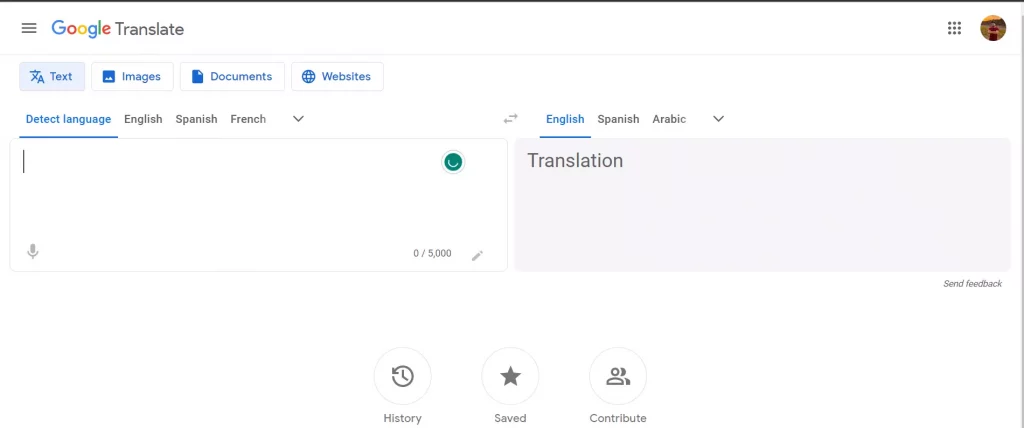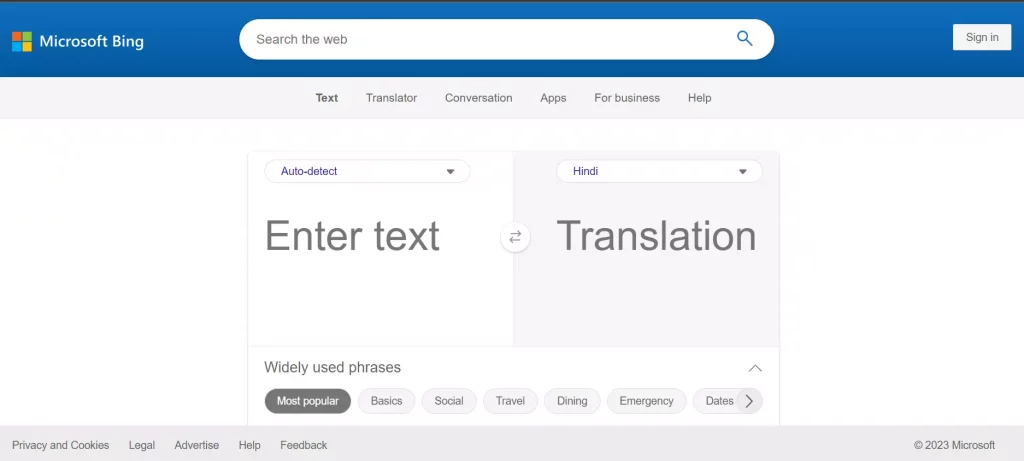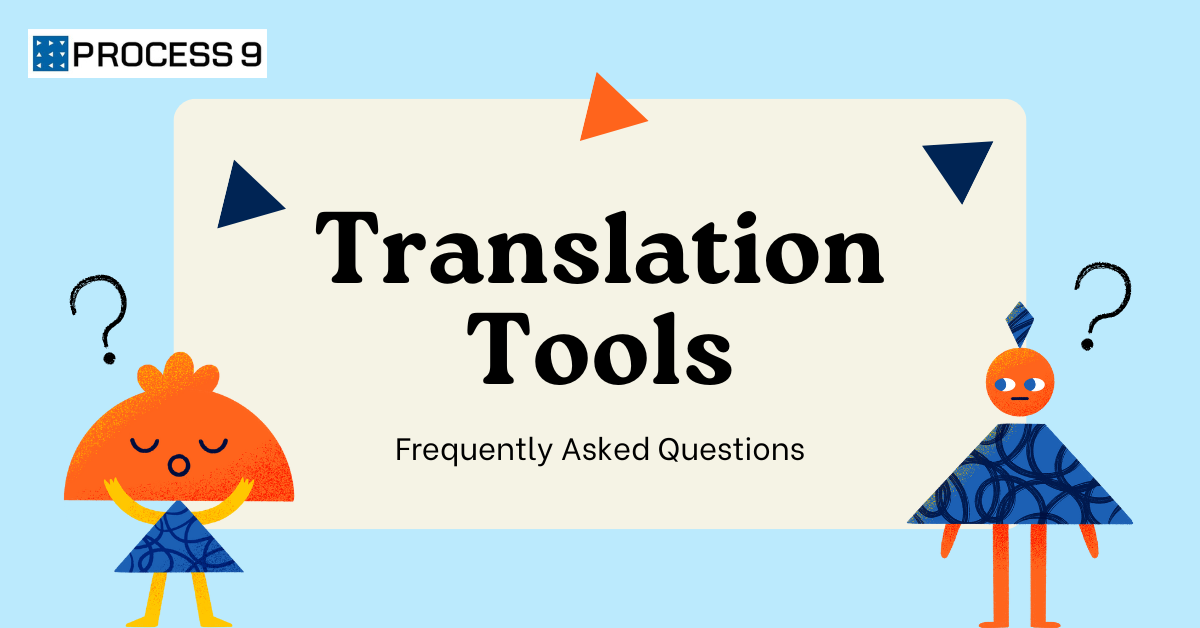DeepL is a popular choice for businesses when it comes to content translation. With its formidable AI translation technology and deep learning techniques, DeepL creates high quality translations in many European languages. This translator has a user-friendly interface with many sophisticated features. The DeepL Pro translator can be integrated as an API into business applications, and can also be used for translating documents.
Today’s market has a number of machine translation options that produce good translations in all languages. Many translation tools guarantee improved workflow control for different types of content, support in faster project completion, deliver better project management and team collaboration, while possessing a strong translation memory.
Here is the list of Best DeepL Alternatives for you:-
MoxWave

MoxWave unified translation API from Process9 is a comprehensive solution that delivers high-quality translations without forsaking data security. It is powered by MoxNMT – the neural machine translation engine built by Process9.
Using cutting-edge AI ML technologies, this API delivers excellent translations in any language of your choice. Through a host of products and plug-ins, this powerful API can power the translations of your website, mobile app, documents, chatbots and more. As this is specially designed for B2B users, this API offers many useful features like customizations, implementing of a glossary & style guide, defining a required quality and urgency. As this is a privately built and hosted solution, it offers unparalleled data security for its users.
Google Translate

Google provides both free and paid online translation services. Its free offering, Google Translate, supports 133 languages and is widely used for everyday translation needs. For businesses, Google offers the Google Cloud Translation Platform as part of its Cloud suite, which is a paid service designed for more advanced use cases. The Google Translation API, which supports over 135 languages, delivers dynamic, customizable translations and handles various content formats such as text, HTML, DOCX, PDF, and XLSX. Translation accuracy varies: colloquial phrases average around 72% accuracy, while business website content can reach up to 94%. Recent innovations in Google Translate include support for voice input, improved contextual understanding, and the ability to translate text within complex images while preserving the original layout.
Also read:- Best Google Translate Alternatives
Yandex

Yandex Translator provides high-quality translations in 98 languages. It is powered by the same-named Russian search engine. This translator is available in the form of customer-facing applications and APIs. It provides excellent translations in Russian language pairs. Yandex has a user-friendly interface, and it supports operating systems like MacOS, Android, and iOS. This translation technology supports even rare languages such as Hill Mari, and Elvish (a fictional language). In 2017, Yandex launched a hybrid translation model, incorporating both statistical and neural machine translation needs. Yandex offers a customized glossary to ensure accuracy and enhance translation quality. This translator is widely used in industries like e-commerce, social and communications applications, and media. With this translator, you can reduce the manual translation effort by a higher percentage.
IBM Watson Language Translator

This translation service is powered by IBM Watson’s AI and natural language processing (NLP) technology. It facilitates translation across multiple languages and can be seamlessly integrated via API into digital platforms like websites and mobile apps. Leveraging neural machine translation, it delivers fluent, high-quality, and contextually accurate results, with customization options to align with specific business needs. The system automatically detects the source language and enables multilingual capabilities in business applications. It supports translation in 68 languages and can handle 12 different document formats.
Microsoft Translator

Microsoft Translator is a well-known cloud-based, multilingual machine translation service designed to support applications, websites, and other solutions that require language translation. It supports 103 languages and can be integrated via API to enable automatic translation within any service or application. The free version allows up to 50,000 characters per translation request and is suitable for both personal and business use. For individual users, it can assist with tasks like translating street signs or menus. The paid version offers advanced features, including a “try and compare” function for evaluating complex terms and sentences. Microsoft Translator also works in offline mode. According to Microsoft, the service delivers 80–90% accuracy for common language pairs. It supports text, speech, and image translations across multiple devices and allows for the creation of customized translation models tailored to specific industries or domains.







Share: